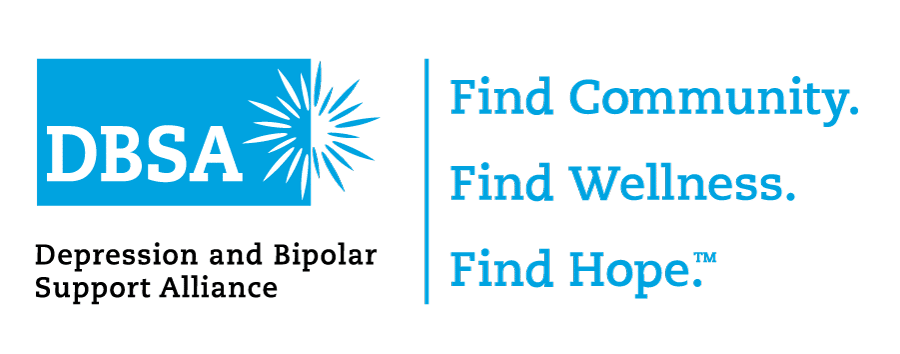Although mental health conditions affect both rural and urban residents similarly, the services available can differ significantly. In many rural areas, a shortage of mental health care services makes it especially challenging for residents to receive the care they need.
According to the Substance Abuse and Mental Health Services Administration (SAMHSA), mental health disorders, including bipolar disorder, are more prevalent in rural areas.
- Roughly 15.3% of adults in rural areas experience some form of mental illness compared to 17.2% in urban areas. However, the rates of untreated mental health conditions are higher in rural populations.
- The suicide rate is between 18.3 and 20.5 per 100,000 rural residents, compared to large urban communities where the rate is between 10.9 and 12.5 per 100,000.
Rural Communities Have Reduced Access to Care
People who live in rural areas often have to travel long distances to get services, have less insurance coverage for mental health care, and because there’s a shortage of mental health professionals in rural communities, providers may be less experienced at recognizing mental health issues.
According to data from the National Institute of Mental Health (NIMH), rural residents are less likely to be hospitalized for psychiatric care, primarily due to limited access to inpatient services and the stigma surrounding institutional treatment. As a result, individuals with bipolar disorder may endure longer periods of unmanaged symptoms, potentially leading to more severe outcomes.
- As of December 2024, HRSA had designated 4,008 Mental Health Professional Shortage Areas in rural areas. It is estimated that it would take 1,699 practitioners to remove the designations. For the most current figures, see HRSA’s Designated HPSA Statistics.
- Rural schools are 19% less likely to provide mental health assessments than city schools.
When there aren’t enough resources to provide mental health services in a community, local healthcare workers might need to send patients to places outside the community. Behavioral Health Treatment Services Locator can help people find mental health services near them.
Rural Communities and Stigma
In small, close-knit rural communities, people may feel embarrassed or ashamed about getting mental health care, making them less likely to ask for professional help. With fewer trained professionals available, people may not trust that their privacy will be kept, so they often turn to family, friends, or religious leaders for support instead.
A study published in the Journal of Rural Health found that 43% of rural residents report a preference for handling mental health problems on their own, compared to 30% of urban residents. This reluctance to seek care is often driven by the stigma associated with mental illness, which is stronger in rural areas due to cultural factors and small community dynamics.
Bridging the Gap
Treating depression and bipolar disorder with therapy and medication is often just one part of the journey. To address stigma and reduced access to care in rural communities, finding supportive treatment is important as it can lessen symptom severity
We strongly believe in the real benefits of peer support, and research* also shows how much it helps improve mental health. Peer support can increase feelings of hope, happiness, control, self-esteem, and community, while lowering depression and psychosis.
DBSA has an online support group specifically for members of the rural community who live with depression or bipolar disorder or who believe they may have depression or bipolar. The groups, led by a facilitator from the rural community with lived experience, create a safe environment for people to share stories, questions, and concerns with other people who live in rural areas with a mood disorder.
Our partner, Rural Minds, is dedicated to bringing mental health awareness, resources, and support to rural communities across the country. Together, we’re working to end the stigma and improve access to care where it’s needed most. Learn more and get involved at ruralminds.org.



